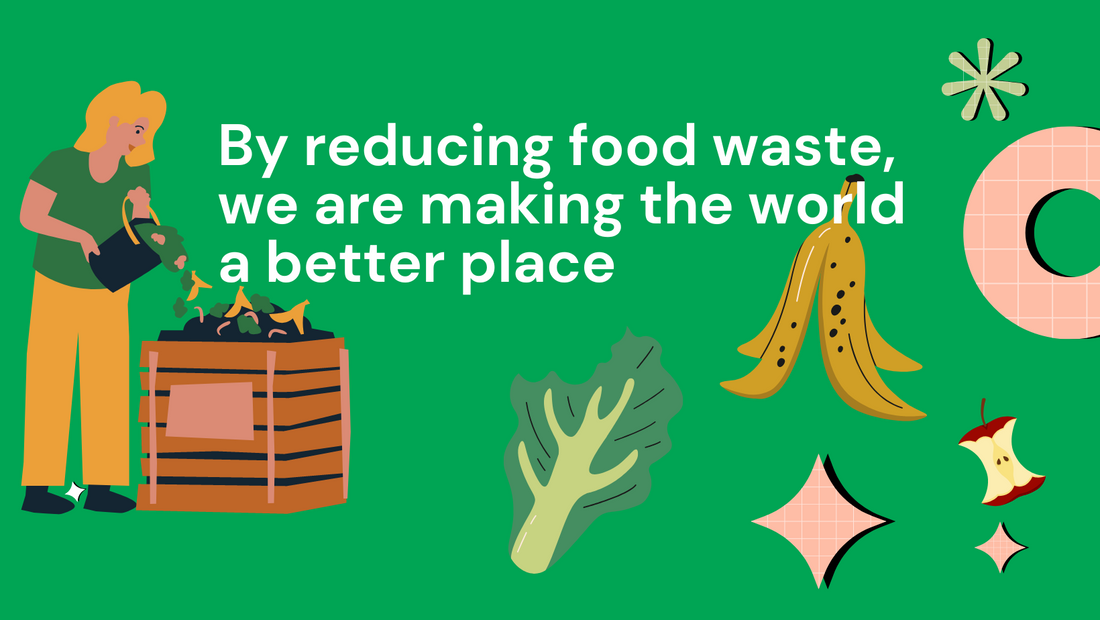
In our journey towards a more sustainable lifestyle, the kitchen plays a crucial role. One area where we can make a significant impact is our cooking practices. By adopting zero-waste cooking techniques, we can reduce our environmental footprint and minimize food waste ✨
Join us as we explore five practical tips for zero-waste cooking that will help you make the most of your ingredients, reduce waste, and create delicious meals sustainably.
1. Plan and Shop with Intention
The first step in zero-waste cooking is proper planning. Take inventory of what you already have in your pantry and refrigerator. Plan your meals for the week ahead, considering the ingredients you already possess. Make a shopping list based on those meal plans to avoid impulse purchases and excess items. By shopping with intention, you can reduce the chances of food waste and only buy what you truly need.
2. Embrace Nose-to-Tail and Root-to-Stem Cooking
Zero-waste cooking encourages utilizing every part of an ingredient, from root to stem and nose to tail. For instance, when preparing vegetables, make use of the entire vegetable, including stems, leaves, and peels. Consider using carrot tops for pesto, broccoli stems for soups, and vegetable scraps for homemade stocks. Similarly, explore cooking with offal or less commonly used cuts of meat to minimize waste.
3. Get Creative with Leftovers
Leftovers are a valuable resource that often goes to waste. Instead of discarding them, think of creative ways to repurpose them into new meals. Turn last night's roasted vegetables into a flavorful frittata or transform cooked grains into a vibrant grain bowl. Leftover proteins can be used in sandwiches, salads, or incorporated into stir-fries. The key is to reimagine your leftovers and give them a fresh twist.
4. Preserve and Ferment Preserving
Those are excellent techniques for extending the shelf life of ingredients and reducing waste.Consider making homemade jams, pickles, or chutneys to preserve seasonal fruits and vegetables. Fermenting vegetables like cabbage into sauerkraut or cucumbers into pickles not only adds unique flavors to your meals but also increases their longevity.
5. Compost and Reduce Food Scraps
Even with the best efforts, some food scraps may still be unavoidable. Instead of sending them to the landfill, establish a composting system. Composting allows you to convert food waste into nutrient-rich compost for your garden or plants. If composting is not feasible, explore community composting programs or local farms that accept food scraps.
Zero-waste cooking is a powerful way to minimize food waste, reduce our environmental impact, and create a more sustainable future 🌎
By planning and shopping with intention, embracing nose-to-tail cooking, getting creative with leftovers, preserving and fermenting, and composting food scraps, we can transform our kitchens into hubs of sustainability ♻️
Let's embrace these practical tips and make a positive difference, one meal at a time. Together, we can contribute to a more sustainable and waste-free world.


